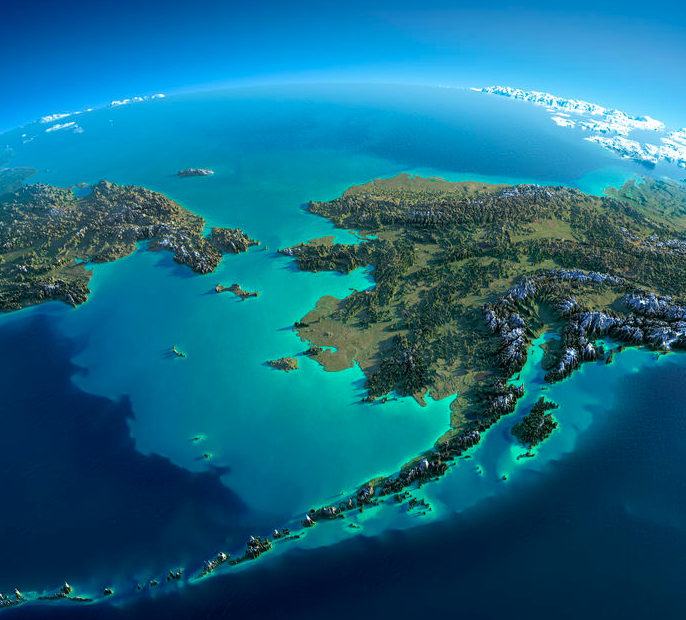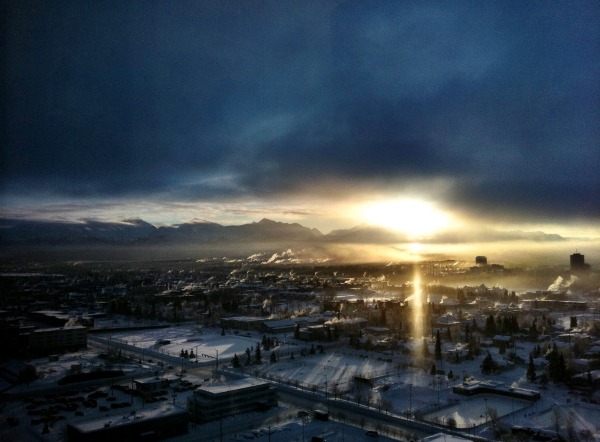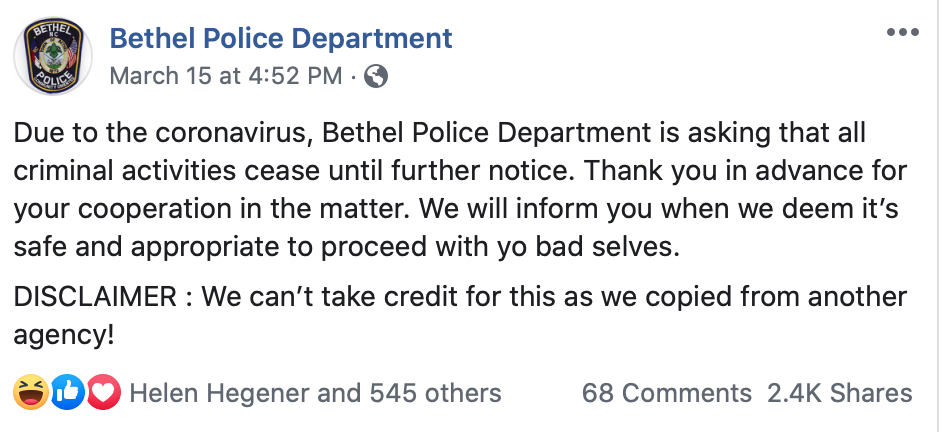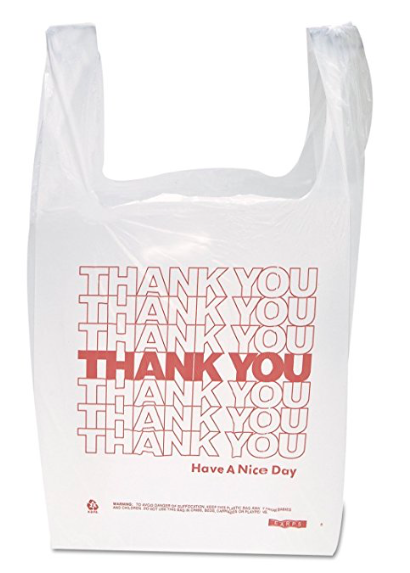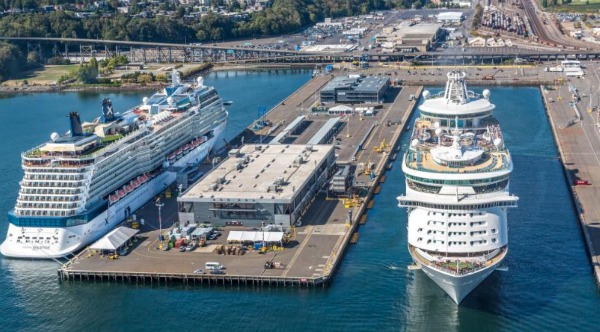THIS IS THE MOMENT TO GO BIG, FIGHT HARD FOR ALASKA’S FUTURE
By SEAN PARNELL and MARK BEGICH
As Alaskans, we are all together in this fight against COVID-19 and the resulting economic battle for jobs and our future. The two of us have served in statewide office on opposite sides of the political aisle for decades, but we are determined to work together for Alaska’s future in this temporary, but severe storm.
Since being asked by Gov. Mike Dunleavy to co-lead the Alaska Economic Stabilization Team, we have worked day and night gathering information and listening to more than a thousand Alaskans who own and work in virtually every type of business or sector of our state.
We understand the level of suffering some Alaskans are enduring and the magnitude of the economic storms we face ahead. Unemployment applications have soared in the past two weeks and many business owners, small and large, face excruciating choices.
This is such a fluid situation that there will be no standard report, no meetings around a conference room table somewhere, just real-time daily action to listen by phone or videoconference to Alaskans so that we can augment what the state is doing and help bring the needs and ideas of Alaskans to decision-makers who can make a difference.
Because we have spoken with so many Alaskans we not only see the hard realities, but also the opportunities for our future in every Alaskan. Nearly everyone we have spoken to expresses both concern about the situation at hand and confidence that the state’s economy can be stabilized in the months ahead.
Unprecedented events, however, require a big, bold response. Courageous action must be taken now not only to save lives, but also to save jobs. Our political leaders must make big decisions now: not tomorrow, not in a few months, but today. Ensuring the health of Alaskans and stabilizing the state’s economy are not mutually exclusive and must be addressed in tandem.
First, Alaskans need cash now, and they are going to need it across the next three to five months. Rents and mortgages, car payments, grocery bills, and childcare costs don’t go away even when the economy grinds to a halt. To stabilize the economy, we must get as much cash as possible into the hands of impacted Alaskans and Alaska businesses across several months.
The governor and some legislators appear ready to come up with a one-time emergency payment. This needs to happen now, and frankly, we think many Alaskans need three to four emergency payments spread out one per month for several months. A one-time jolt of cash is nice, but having several months of certainty provides breathing room for Alaskans to pay bills and plan a way back onto their feet.
That understanding, in part, is why White House and Congressional leaders have reached a tentative agreement to extend unemployment benefits for four months, significantly increase the amount paid each week to make employees whole, and likely provide a one-time payment for most working families, as well.
The state’s emergency payments should be coordinated to land across these months to maximize both state and federal funds’ stabilizing impact for Alaskans.
Next, Alaska’s businesses are hurting and without urgent help, many will not survive. In our first list of recommendations, we asked the governor to look at the tools available to provide necessary cash to Alaska businesses. Unleashing the power of the Alaska Industrial Development and Export Authority, for example, through new loan guarantees and emergency lending programs for working capital and business interruption dollars, will be critical in these early days.
Third, federal, state and local governments need to pay their bills now to Alaskans and our businesses. Alaskans and Alaska businesses should not have to wait for government payments. Tax refunds, reimbursements of every kind, payments to contractors for their work, payments from government programs to health care providers, including the Tribal health system — all must be paid now without delay.
We understand the cash call on the state being proposed is big, it’s bold. However, big threats require a huge response. This is the moment to fight hard and to go big for economic stability to preserve our future.
Throughout our combined years of public service and today in our conversations with Alaskans, we have been inspired to see the courage, ingenuity and willingness to help each other. It is this same spirit and character of our people that will bring us through. That is why we also ask those who are able to consider helping family, friends, or neighbors and to support Alaska’s nonprofits that provide critical services statewide.
Together, we are laying down our differences, putting politics aside and doing what’s right for Alaska. We know that if every Alaskan joins together today to fight these temporary storm waters, tomorrow will dawn brighter because we walked side by side through it, as Alaskans.
Sean Parnell, a Republican, served as the 10th governor of Alaska. Mark Begich, a Democrat, served in the U.S. Senate and is a former mayor of Anchorage. This column first appeared in the Anchorage Daily News.
